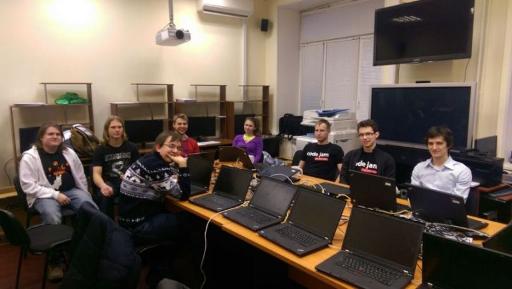Hi Codeforces!
My name is Maxim Gusarov and I joined the Codeforces developer team in September and am recently working with Vitaly kuviman Kudasov on improving the Polygon system.
Today I would like to introduce you to the new potential of the system where all problems for the Codeforces rounds and many other programming contests are prepared.
Update 1
As a user logs into the system, she can now use either the login or the email given at the registration. You can also attach the session to the IP address to enhance security.

Update 2
Any user who has the access to edit a problem can become its supervisor. The supervisor will always get email notifications about the changes committed to the problem even if they were committed as “Minor changes”. What you need to do is to open the problem, go to the “Manage Access” tab and set “Supervisor” after your name.

This option can be used for the problem author or the contest coordinator not to miss a single change.













